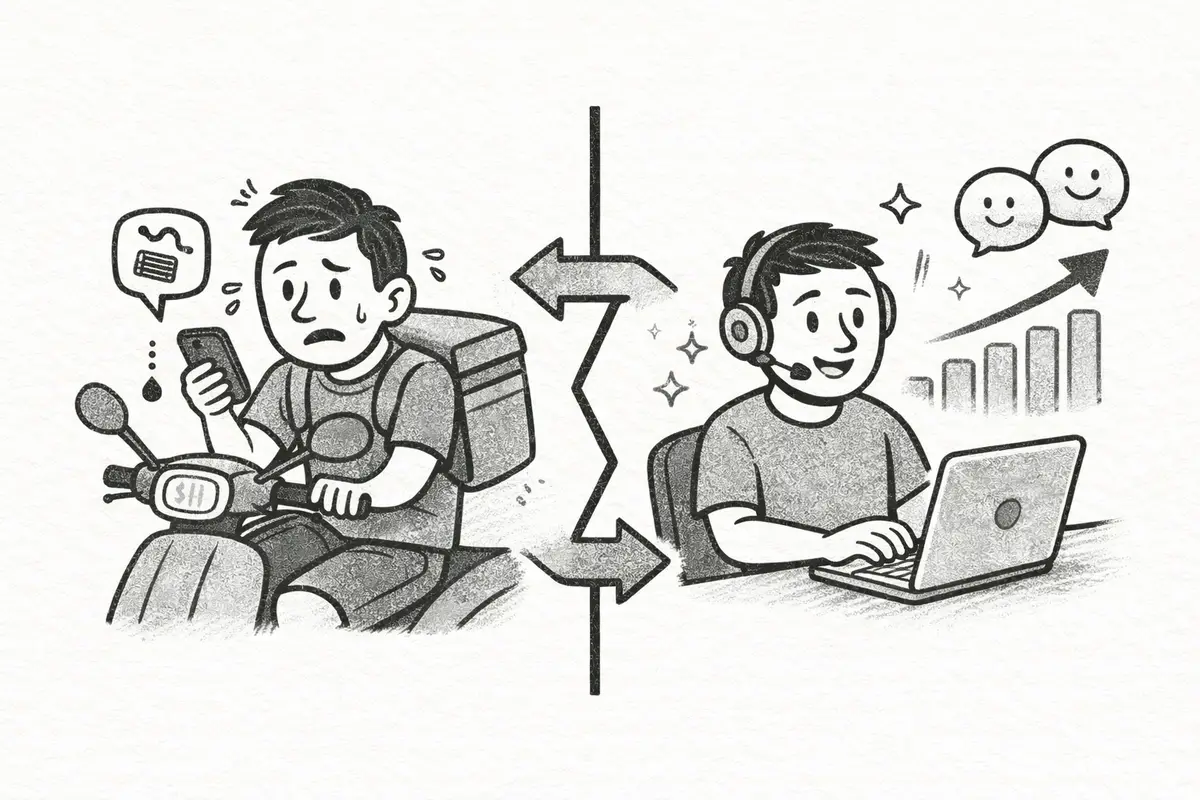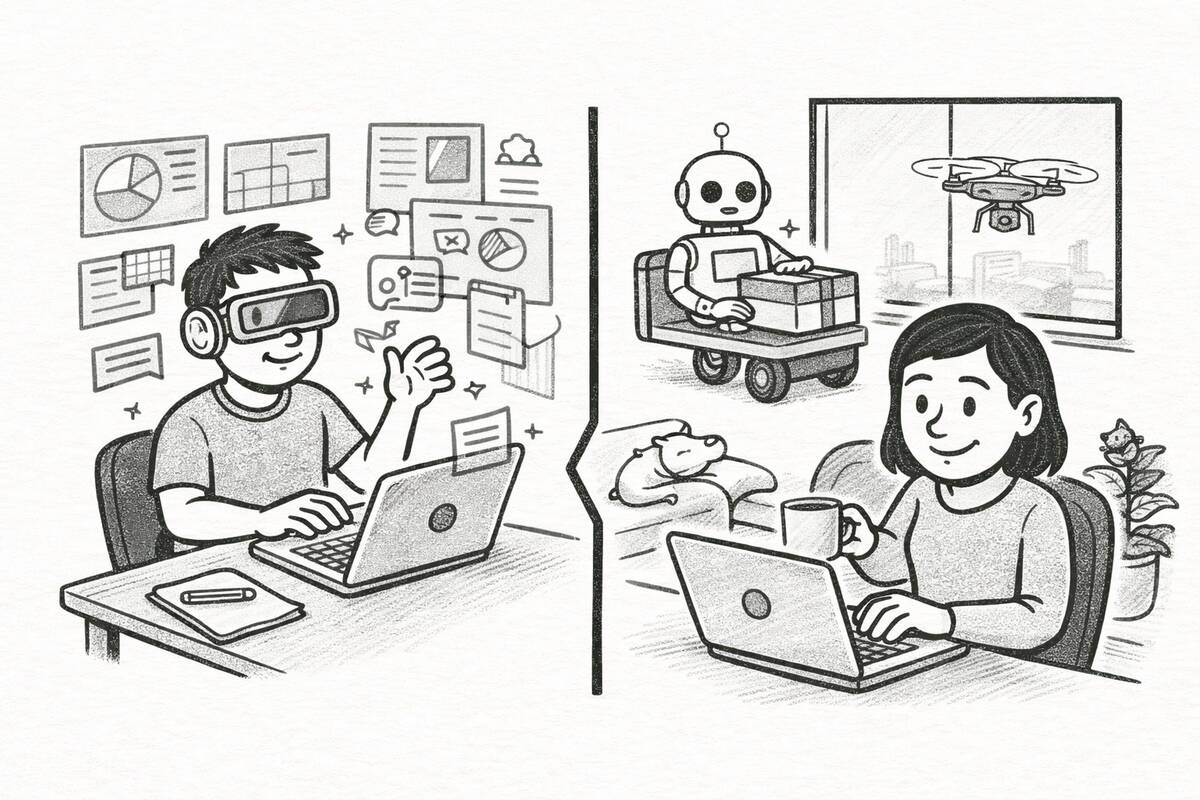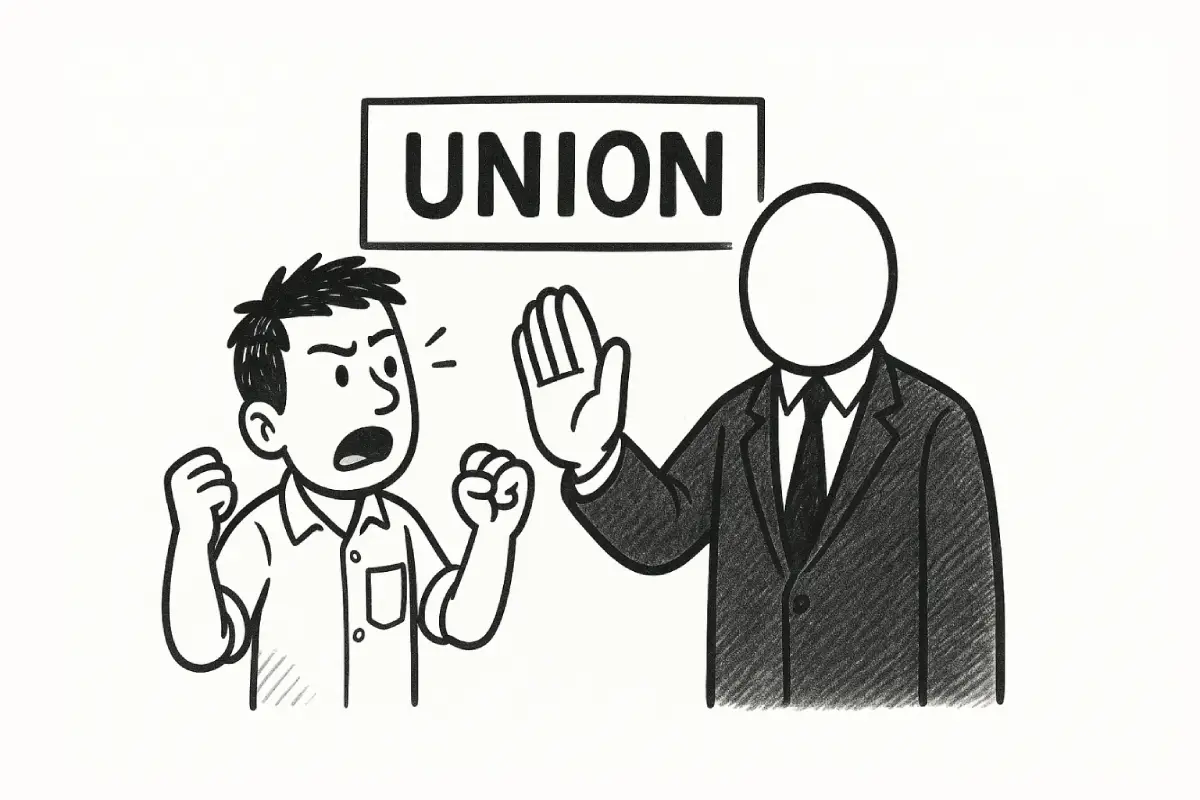Picture this: You are working in an Microsoft for the last 5 years at a fairly senior position. You’ve seen it all and helped the organisation reach the zenith. You like your job but there’s hardly anything to challenge you further. You contemplate moving to a new environment with more challenges. Or maybe, you are in a contrastingly different situation: You are a fresher and you have joined the organisation to gain valuable experience. But you are not gaining much; the exposure and your skills mismatch and your talent remains unutilised. You want to move to an area of your core competency.
Now, whatever the reasons, whether you are a fresher or a pro; the bigger picture is that you want to move on. But as people frequently change jobs, hiring managers are increasingly concerned about your reasons for leaving a job and moving to the next one. So, wherever you go for an interview, the ghost of your present job raises its head with questions like, “Why do you want to leave your job?” or “Why do you want to change?” and haunts you till your prospective employers are satisfied with your reasoning.
These are the most basic questions during an interview but also the trickiest ones, as you stand to be eliminated from consideration, with a poorly conceived response.
Will your answer stand up to the prospective employer’s scrutiny?
Whether you leave on your own will or have been fired, you have to answer and tailor your response to meet this particular situation. Here are some tips to help you prepare face even sceptical interviewers.
Be concise
Give a 2-3 sentences brief and honest response. Rambling may seem that you are trying to justify your reasons. Always be direct and focus your answer based on the future, sounding positive and clear about your goals.
Don’t badmouth your employer
Criticizing your employer is an obvious faux pas showing a lack of maturity that reflects poorly on you. The golden rule to see you through this tough answering is – never badmouth your boss or your old organisation, even if the boss was pesky and the organisation meted you a bad deal. Regardless of the reasons, make it a personal issue and speak highly about the place. No potential employer wants to hear your gripe about a prior boss, even if the reasons for leaving are justified. Keep in mind that your interviewer is looking for a positive, motivated and hardworking candidate. Moreover, it raises concerns that you are difficult to get along with.
No clichés please
No overused phrases like “there is no room for growth”. Though it’s a positive answer as you are ready for more responsibilities, employers may read it as de-motivated. Without stating grievances, talk about opportunities you’re seeking out.
Don’t raise red flags
Steer clear of citing money or a shorter commute as your reason for seeking a new job. These answers are like alarm bells to recruiters and they might get put off thinking that you are fishing for a counteroffer to win a higher salary. Also, talking about commuting time means you are not responsible enough and non-committal.
Prepare well
Any question can throw you off balance during the interview, but the most plausible one of leaving your old company is very pertinent. Experienced recruiters often probe this for a better understanding of you. You will be confident and focused if you script and practice answering this question before it is asked. If your leaving wasn’t under the best of circumstances, prepare some answers to keep the employer’s interests ahead of your own during the interview. (See: Explaining Work Gaps and Job Hops in the Interview)
Be up front about a job loss
If you are laid-off as a result of the larger circumstances in the company, emphasize on the overall picture. Try to give the exact number of job cuts, if available. If you are the only one to suffer the misfortune of a job-cut, leave it at that. Don’t explain if not asked for, but never try to do a cover-up act as “You don’t want to be caught in a lie.”
Instead of trying to build reasons in the air, just say, “It’s a career move,” without going into the specifics. Always resort to the truth as it’s best to base the answer on real reasons, putting a positive spin on it. So how you deal with it depends on how you have resolved it with yourself first.
You might also like: What Hybrid Work Will Look Like in 2030









